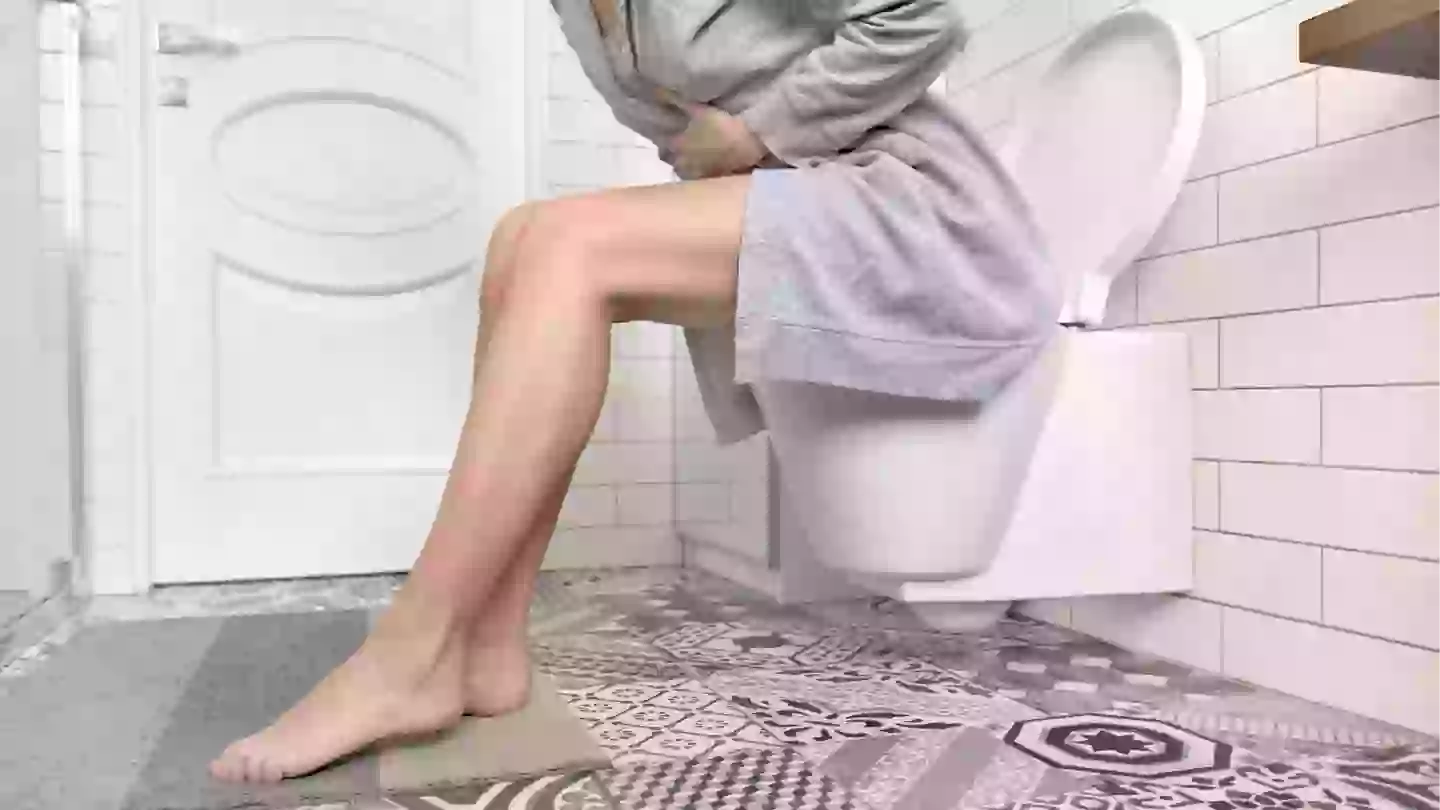
A woman once convinced that her obscure intimate health condition was simply a persistent UTI shares the story of how she got to the right diagnosis.
Under the pseudonym 'Paula R', the American-born lady in question recently spoke with the national ambassadors for the particular condition, lifting the lid on the symptoms she misinterpreted.
Paula began by revealing that, throughout her early twenties, she endured her first experience with a UTI - a urinary tract infection. This common infection can affect any part of the urinary tract - including the bladder, the urethra, or the kidneys.
Advert
In the majority of cases, UTIs are caused by bacteria entering the urinary tract through the urethra - likely from fecal matter, sex, or pregnancy - and are more common in women than men due to the shorter length of their urethra.
Not drinking enough fluids can trigger the same infection, as well as urethra-blocking conditions like kidney stones, and failing to keep the genitalia area clean.

After battling with the uncomfortable condition the first time, Paula claims she was subsequently diagnosed with a UTI every year afterwards.
Advert
"The symptoms were burning and the need to urinate often, to the point it was waking me up at night," she recently recalled.
Alongside these two most common indicators of the infection are needing to pee suddenly, cloudy-coloured urine, urine containing blood, lower abdominal pain, back pain and rib pain, along with either a very low or very high temperature - as per the NHS.
By 2018, she'd had enough and sought further investigation into her symptoms. She adds, however, that 'several doctors' went on to hand her UTI medication, despite her 'culture coming back negative'. Eventually, one medic asked Paula is she'd noticed a 'change' to her 'vaginal flux', referring to other fluids that are produced in woman's reproductive organs.
"That’s when I realized I had lost most, if not all, of my vaginal fluids!" she admitted, revealing she was subsequently diagnosed with a condition called vulvodynia.
What is Vulvodynia?
According to the Royal Women's Hospital in Victoria, Australia, such an ailment describes general pain around the vulva - an area of a woman's nether-regions that consist of the lips surrounding the vagina (also known as the labia minora and labia majora), the clitoris, or the Bartholin's glands (two small glands each side of the vagina).
Advert

The condition is considered rare, and has no visible indicators. It can last between a number of months of several years, and can affect most women when they're sitting, inserting a tampon, or during sex.
"Looking back, I don’t blame my doctors for not looking further into it," Paula admits now that she has answers.
"Because I also thought they were recurrent UTIs."
Advert
She continued, in conversation with the National Vulvodynia Association: "I saw an ob/gyn who was able to diagnose me, even though she didn’t have experience treating vulvodynia patients.
"It was reassuring just to hear there was a word for my condition."
Opening up on how she handles life with the largely-unknown and sadly incurable condition, Paula revealed her pain worsens during periods of high stress, but that she is able to calm the symptoms using ice packs and pain medication.
Recalling her initial diagnosis: "I felt isolated even though I had a good health care team and support from my partner and best friend. Knowing I had a condition that didn’t have a cure was difficult emotionally."
Advert

Paula also instilled the help of a physical therapist, who she says taught her how to treat her painful pelvic floor muscles using breathing and meditation, claiming these helped 'bring the pain down to a 3 out of 10.'
"I even have some pain-free days now," she continued. "Two years ago, I couldn’t even imagine having days without pain.
"This entire experience taught me not to assume that pain will be permanent and that I can make it through the difficult days. I learned to accept that there will be not-so-good as well as good days."
Paula concluded by issuing her advice to other women suffering with the condition.
"Keep searching until you find the care you need," she explained.
"Equally important, all of us need to understand that having vulvodynia does not define us."
Topics: Health, Women's Health, Life, Real Life, True Life, Advice